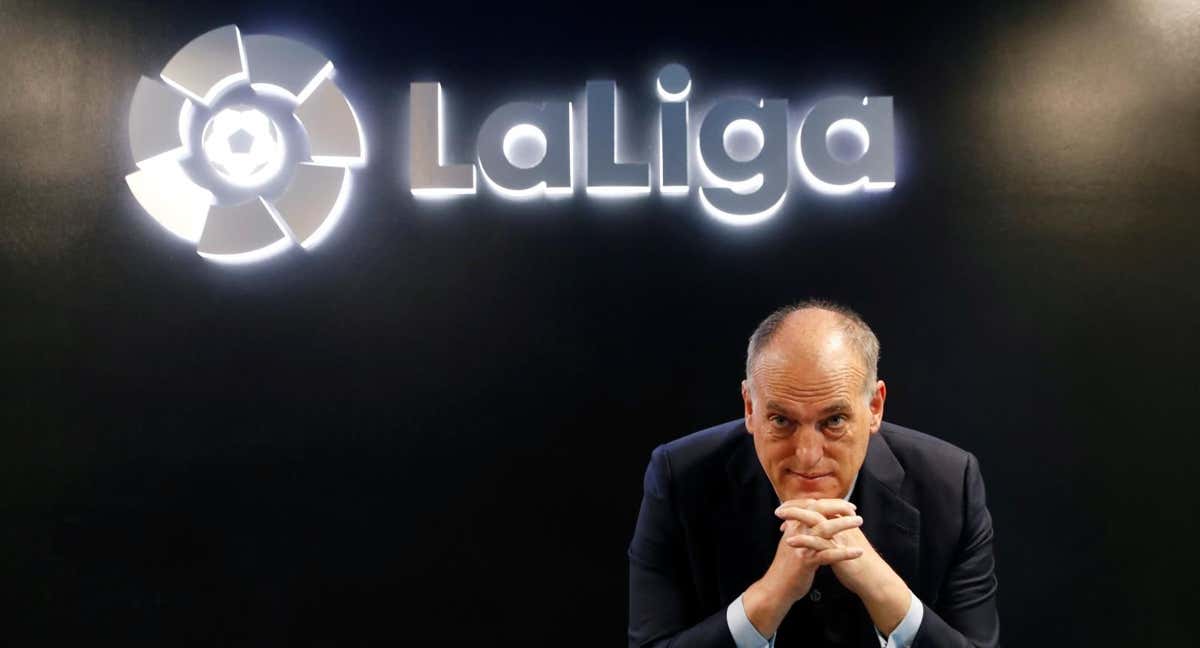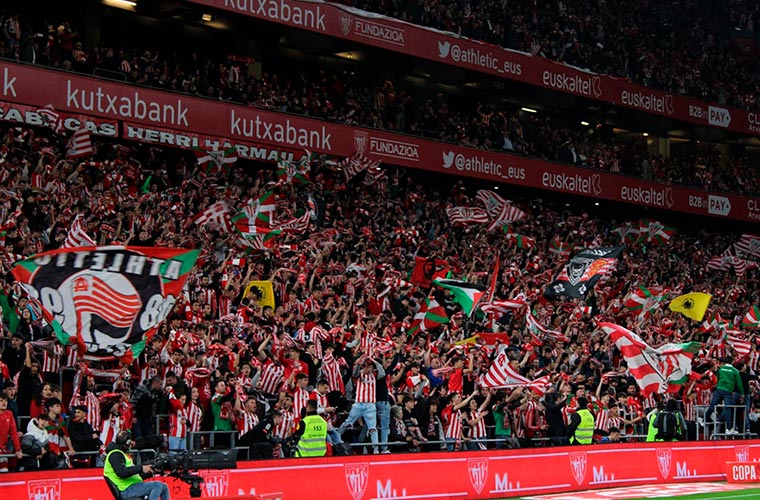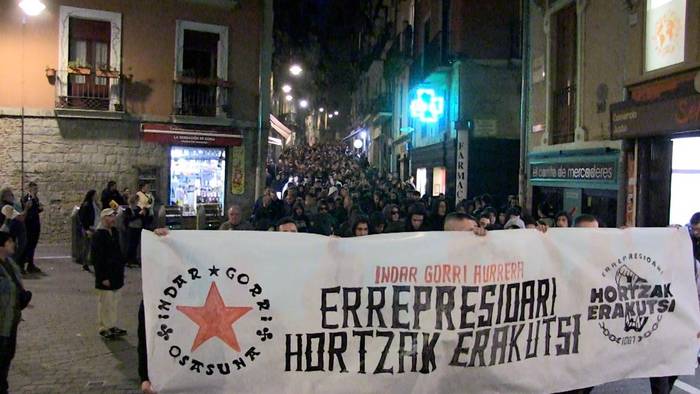Free from sin?
- “No substance will help you introduce Goal by squadron.” It is true what Real Sociedad player Xabi Prieto says. But there is not enough reason to deny that footballers use doping, as some banned substances can help improve performance.
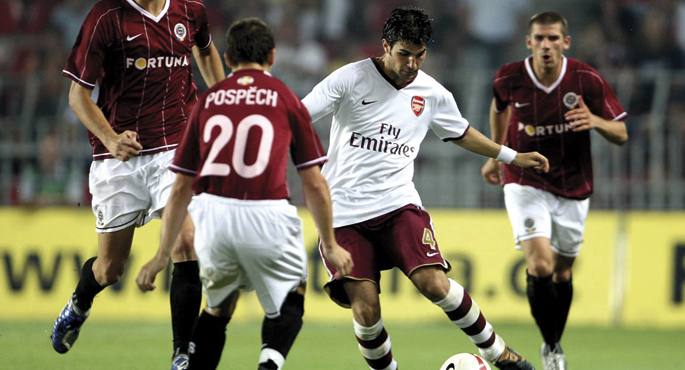
At the moment only a few isolated cases have been reported, and we cannot say that doping is a widespread practice in football. However, as the article Doping in Football written in the blog Living the sport of the internet that signs as Carlos says, doping is a hallmark that goes hand in hand with elite sport, also football: “Some will say that football has a great technical component and that there is no point in doping. But the essence of elite sport is physical ability. Without it, an athlete cannot react quickly.” It also provides data showing that anti-doping controls are not as stringent as in cycling. For example: In France, every year, one in ten cyclists pass the controls. In football, one in two thousand.
On the other hand, in the article of Al fútbol the EPO goes well (EPO goes well to the player) published in El País in 2002, journalist Alejandro Lucía talks about testosterone and its synthetic derivatives – anabolic steroids – as the muscle mass increases. It also handles erythropoietin (EPO) and its derivatives. “Thanks to these medicines, oxygen can move more from the blood to the muscles, improving the athlete’s maximum amount of oxygen (VO2),” Lucia explains. “In football, the increase in VO2 would be noted above all in the ability to recover after a sprint.”
Papel de Fuentes
As for the cause that has sprung up in the Real Sociedad, there are indications of a crime against public health for the Spanish Anti-Doping Agency, since the drugs supposedly purchased from Dr. Eufemiano Fuentes are not authorized in the Spanish State and were illegally transferred to Donostia-San Sebastián. The International Agency (WADA), for its part, has decided not to intervene for the time being, as some of these substances are not on the list of prohibited products. For example, Thioctacid (antioxidant) and Thym-Uvocal (strengthens the immune system). The case of the substance Actovegin (cow blood extract) is also complicated, as the inclusion in the list of prohibited products is an inexhaustible source of controversy, journalists Carlos Arribas and Juan José Mateo reported in El País. Only one of the substances that Fuentes supposedly sold to Real clearly enters this list: the Igf1 that cannot be detected, a protein that allows the body to generate growth hormones naturally.
We will see how this all ends. To date, there is no single test that relates Real Sociedad with doping in sport. There are also no cases that show that it is a common practice in football. But if they were to emerge one day, we would have to give them the appropriate impact and take action, even if we all know how strong football is.
A full version of Dr. Slump's sprain blog.
Historia errepikatzen dela idatzi zuen Marxek, “lehenik tragedia gisa, gero fartsa moduan”. Armagintzaren eta militarismoaren inguruan errepikapen hutsa ez, espiralean goraka doan buklea ari gara bizitzen, fartsatik asko duena, eta tragedian amaitzeko gero eta aukera... [+]
Azken aldian, asteburuetan, Internet ez dabil ondo. Hasieran, zaila zen webguneei ezarritako blokeoen zergatia ulertzea; orain, badakigu Espainiako La Ligak agindu zituela, futbola modu ilegalean emititzea saihesteko. La Ligaren blokeoak euskal domeinuei eragiten dien... [+]
Ertzaintzak martxoaren 13an Bilbon zauritutako bi pertsonaren testigantza jaso ditugu. Athleticen partidaren ostean larriki zauritu zituzten aita-semeak, borra-kolpeka, eta atxilo eraman zuten haietako bat. Furgonetatik ikusi zuen ertzainek nola egin zuten tiro jendearen kontra,... [+]
Iazko udan ere Alacant aldera hurbildu ginen eguraldi hobea aurkitu nahian eta, urtero bezala, egun batez, Benidorm erraldoian sartu ginen hango giroan murgildu, zerbait hartu eta seme-alabekin izozki edo gofre bat dastatzeko asmoz.
Hiri bitxia da, denetarik aurki dezakezu... [+]
Iñigo Cabacas Herri Harmaila taldea eta Athleticen arteko harremana nahaspilatuta dago azkenaldian. Iñigo Cabacas Herri Harmailako Iñigorekin hitz egiteko aukera izan dugu astelehenean.









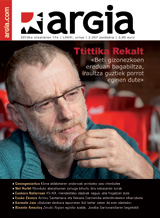

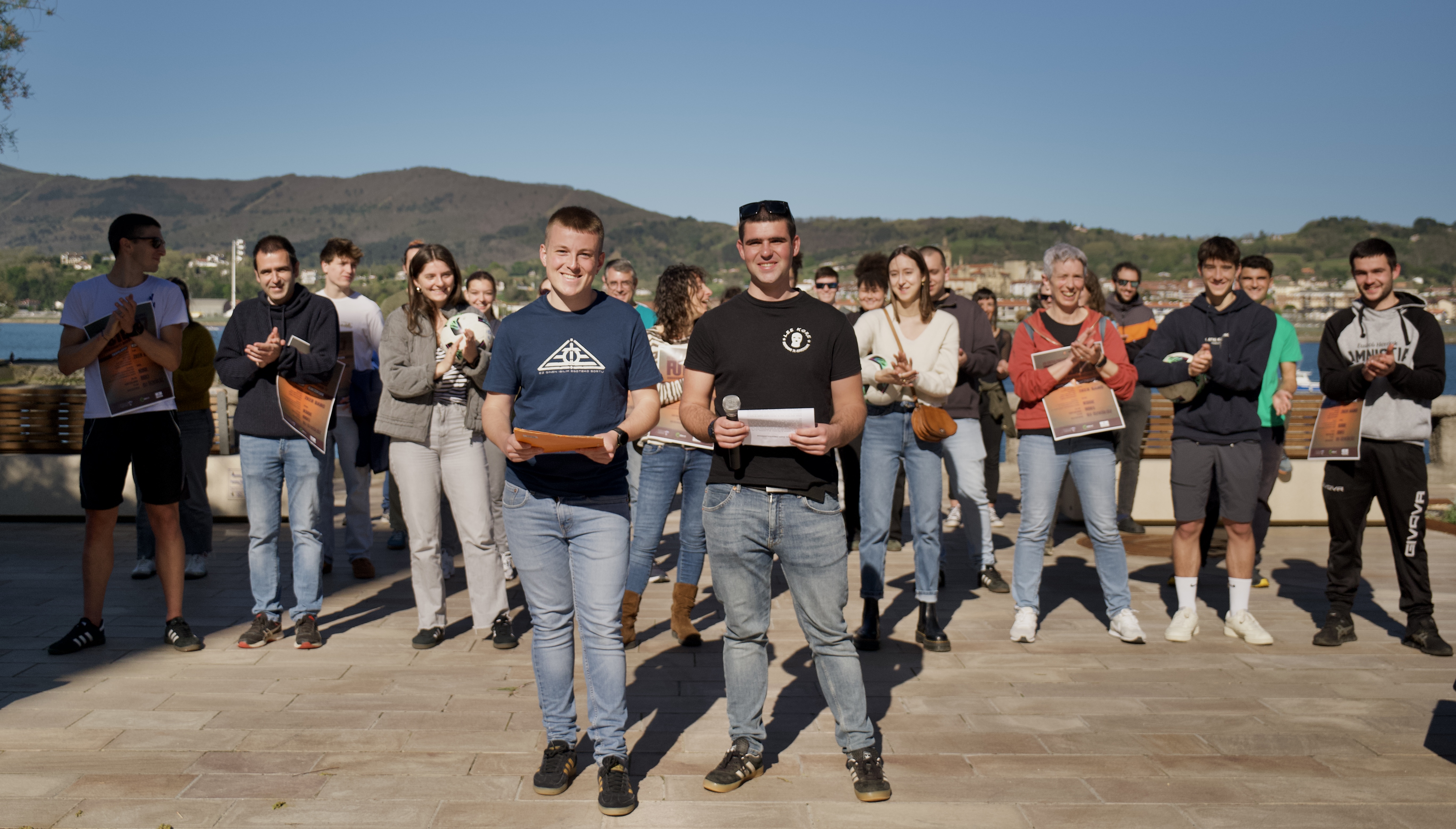

.jpg)
